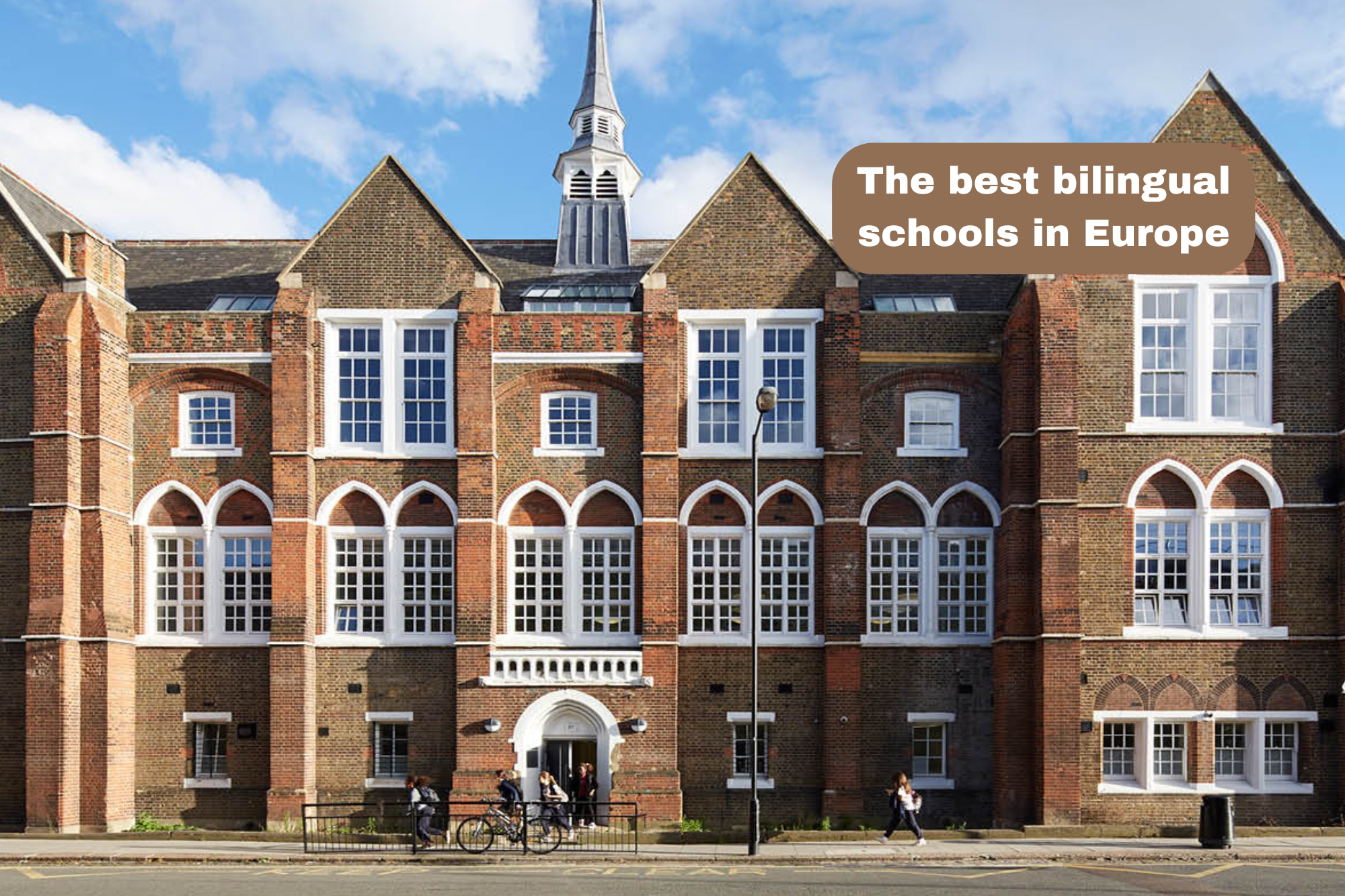Share this Post
Selecting the right high school for your child is one of the most crucial decisions a parent can make.
In Nigeria, with a variety of educational systems, curricula, and teaching methodologies available, making an informed choice can significantly impact a child’s academic and personal development.
This guide will help parents evaluate different factors and select the best high school for their child’s needs.
1. Consider the School’s Curriculum
Nigeria offers multiple curricula, each with its strengths and objectives. Understanding these options is essential in determining the best fit for your child.
- Nigerian Curriculum: Focuses on preparing students for WAEC (West African Examinations Council) and NECO (National Examinations Council) exams.
- British Curriculum: Offers IGCSE (International General Certificate of Secondary Education) and A-Level programs.
- American Curriculum: Features Advanced Placement (AP) courses and SAT preparation.
- International Baccalaureate (IB): A globally recognized program that focuses on critical thinking and global perspectives.
- Islamic/Christian Faith-Based Schools: Incorporate religious teachings alongside academic instruction.
Tip: Choose a curriculum that aligns with your child’s learning style and future educational goals.
2. Assess Academic Excellence and Performance
A school’s academic record is an important factor in determining its quality.
- Check the school’s performance in WAEC, NECO, JAMB, IGCSE, or SAT exams.
- Research alumni success stories and university placements.
- Ask about teacher qualifications and experience levels.
Tip: Schools with consistent high performance in national and international exams indicate strong academic standards.
3. Evaluate Extracurricular Activities
A well-rounded education goes beyond academics. Look for schools that offer:
- Sports (football, basketball, swimming, athletics, etc.)
- Creative arts (music, drama, fine arts)
- STEM programs (coding, robotics, science fairs)
- Debate and literary clubs
- Leadership programs
Tip: A school that encourages extracurricular engagement helps in developing leadership, teamwork, and creativity.
4. Consider Class Size and Teacher-Student Ratio
A smaller class size allows for personalized attention and better student-teacher interaction. Ideally, schools should have a teacher-student ratio of 1:20 or lower.
Tip: Schools with overcrowded classrooms may not provide adequate attention to each child’s learning needs.
5. Inspect Facilities and Learning Environment
A conducive learning environment enhances educational outcomes. Essential facilities include:
- Well-equipped science and computer labs
- Libraries with updated materials
- Sports and recreation facilities
- Safe and comfortable boarding facilities (if applicable)
Tip: Visit the school in person to inspect the facilities before making a decision.
6. Check School Fees and Affordability
Private schools in Nigeria vary in pricing, from affordable to premium institutions. Consider:
- Tuition fees and additional costs (uniforms, books, transportation, extracurricular activities)
- Availability of scholarships or financial aid programs
- The long-term affordability of the school
Tip: Ensure the school provides value for money by comparing costs with the quality of education offered.
7. Look Into the School’s Discipline and Values
A school’s discipline policy and core values should align with your family’s principles. Consider:
- The approach to discipline and behavioral management
- Core values (integrity, leadership, respect, etc.)
- Religious and moral teachings (if applicable)
Tip: Choose a school that instills strong moral values alongside academic learning.
8. Proximity and Transportation
The location of the school matters for convenience and safety. Consider:
- Distance from home and commuting options
- Availability of school transportation services
- Boarding facilities if the school is far from home
Tip: A school closer to home reduces commuting stress and enhances safety.
9. Seek Reviews and Recommendations
Speak with other parents, visit online forums, and read reviews about the schools you are considering. Feedback from current or past students can provide valuable insights.
Tip: Consider both positive and negative reviews to make an informed decision.
Conclusion
Choosing the right high school for your child in Nigeria requires careful consideration of multiple factors, including curriculum, academic performance, facilities, affordability, and discipline.
By thoroughly researching and visiting schools, parents can ensure they select an institution that aligns with their child’s academic needs and personal development goals.
Investing in the right education will set the foundation for a successful future.





